Chances are you’re viewing this page in one of the following web browsers: Firefox, Internet Explorer, or Chrome. I can make this assumption because these three browsers combine for about 90% of the market share. Then again, you might be one of the few people that have adopted an alternative to the big name web browsers. Whatever the case, you do have options when it comes to web browsing. The three I’ve already mentioned have gained popularity for different reasons, but being popular doesn’t always mean something is the right fit for everybody.
In this article, we’ve rounded up 12 lesser known web browsers that you might want to try. Who knows – one of them might be a perfect fit for your browsing needs.
Maxthon
Maxthon has been around for a while. In 2003 it was known as MyIE2. Over the years it’s become a powerful tabbed browser built for all users. Besides basic browsing functionality, Maxthon Browser provides a rich set of features to improve your surfing experience. Some key features include: mouse gestures, anti-freeze, and magic fill which allows your to fill out forms with a single click.
Operating System: Windows
Arora
Arora is a lightweight cross-platform web browser. Arora uses the QtWebKit port of the fully standards-compliant WebKit layout engine. It features fast rendering, powerful JavaScript engine and supports Netscape plugins.
Operating System: Windows, Mac OS X, Linux
Amaya
Amaya is not only a web browser, but it’s also a web editor. Browsing features are seamlessly integrated with the editing and remote access features in a uniform environment. This follows the original vision of the Web as a space for collaboration and not just a one-way publishing medium. Amaya is an open source software project hosted by W3C.
Operating System: Windows, Mac OS X, Unix platforms
Flock
Flock is a browser with a focus on social media. It has features built in for just about every social media site you can think of. This browser is built on Mozilla, so as expected, there are also extensions available to expand it’s functionality even more.
Operating System: Windows, Mac OS X, Linux
Stainless
Stainless has features you won’t find in Chrome or in any other browser. One example is parallel sessions, which allow you to log into a site using different credentials in separate tabs at the same time.
Operating System: Mac OS X
Cruz
Cruz is a new social browser for Mac OS X with Twitter built-in. With Cruz you can view your Twitter Timeline and “@” Mentions in a split pane while browsing other sites. Cruz also allows you to open links from your Twitter Timeline in new tabs or browse multiple pages simultaneously in split views. Cruz has an open plug-in API for extending browser functionality.
Operating System: Mac OS X
Sunrise
Sunrise is an open-source web browser based on WebKit. It’s designed to be easy to use by making frequently used features easily accessible. The main window of Sunrise has the browser, bookmarks, downloads, source codes and find bars.
Operating System: Mac OS X
SeaMonkey
SeaMonkey aims to be an all-in-one internet application suite. So not only is it a web browser, but it also includes an email & newsgroup client with an included web feed reader, HTML editor, IRC chat and web development tools.
Operating System: Mac OS X, Windows, Linux
Lunascape
Lunascape is the world’s first and only triple engine browser. So it’s three web browsing engines rolled into one: IE (Trident)+Firefox (Gecko)+Chrome・Safari (Webkit). It allows you to choose the right engine at the right time, realizing a dramatic decrease in web-browser compatibility issues, long loading times, and messed up websites display. Lunascape is also compatible with the expanding array of Firefox add-ons in addition to the already supported Internet Explorer add-ons.
Operating System: Windows
SlimBrowser
SlimBrowser is a fast and secure tabbed web browser software fully loaded with powerful features. It saves you the burden of completing web forms with intelligent form filler.
Operating System: Windows
Midori
Midori is a lightweight web browser built on WebKit. Some key features include: user scripts, styles support, and a customizable interface.
Operating System: Linux, Windows
Camino
Camino is an open source web browser developed with a focus on providing the best possible experience for Mac OS X users. Some key features include: annoyance blocking, malware protection, and tab overview, which allows you to all of your open tabs at a glance.
Operating System: Mac OS X
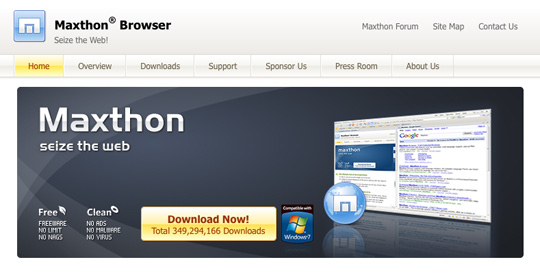
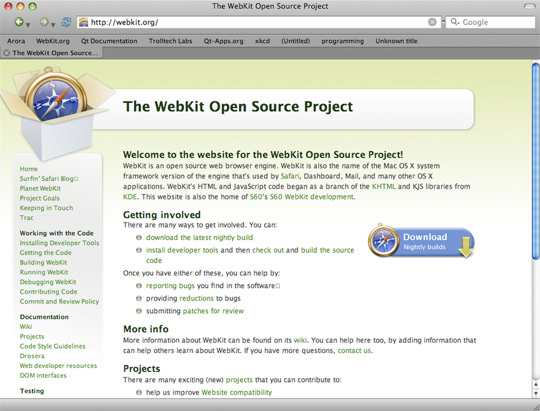
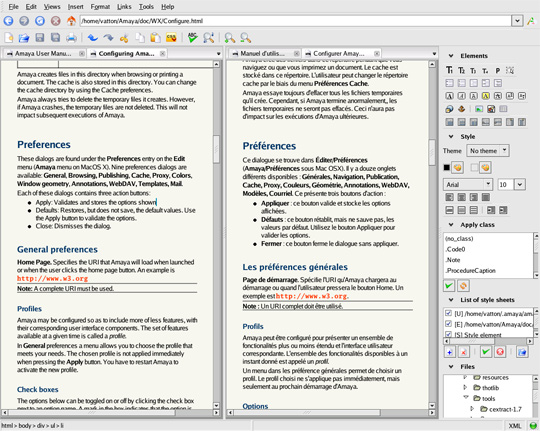


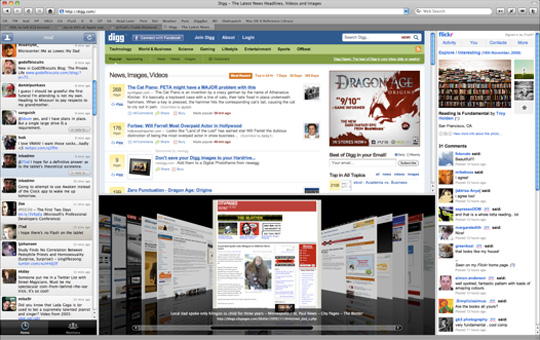
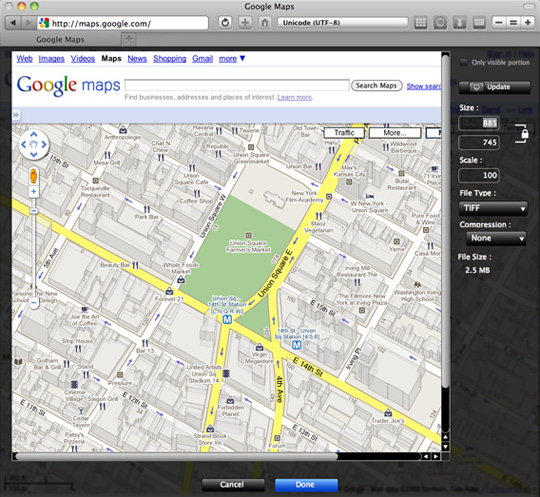
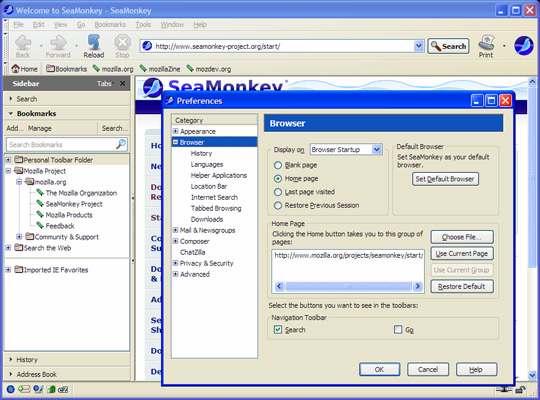
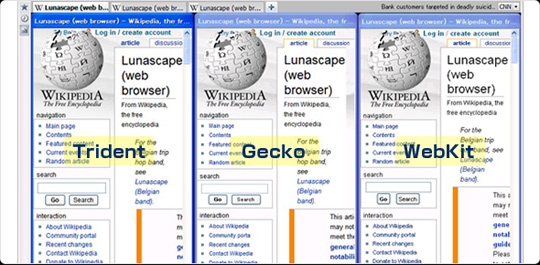
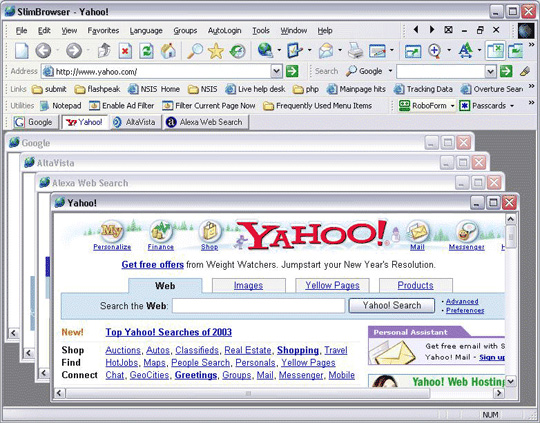
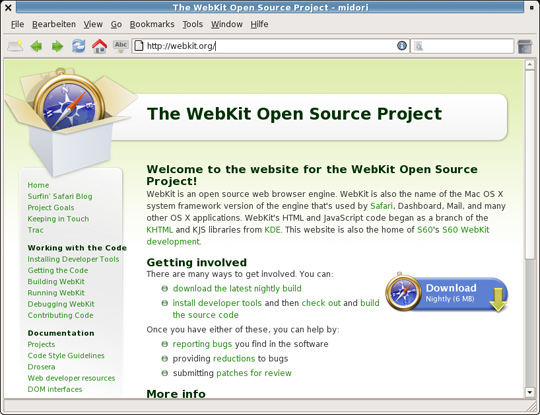

Comments
Post a Comment